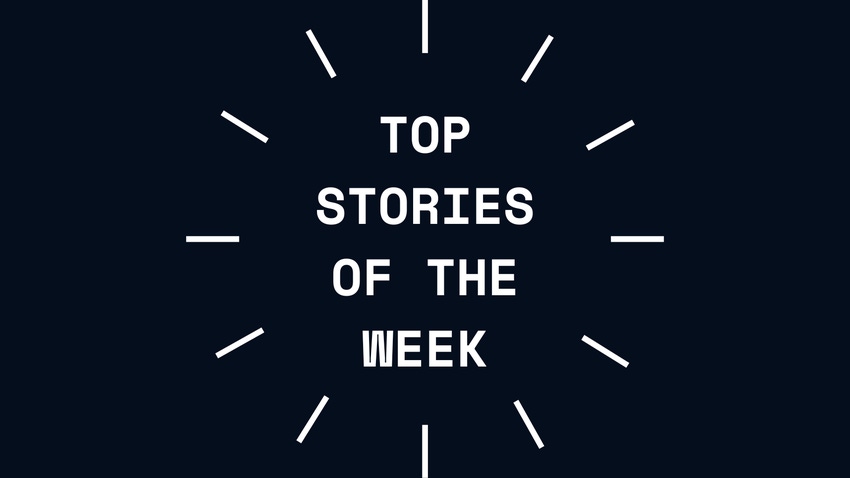This Week's Most Read: ChatGPT's Performance Decline and Its Android App Launch
Catch up on this week's top AI news

1. ChatGPT Performance Drift – a New Risk for Business
ChatGPT’s performance can fluctuate wildly, with mistakes in its output increasing over time and making it "challenging" for stable integration into business workflows, according to a new study by researchers from Stanford University and UC Berkeley.
In the paper, ‘How is ChatGPT's behavior changing over time?’, scholars sought to uncover whether updates to an AI model aimed at improving aspects of the application ended up hurting its generation abilities. They chose to measure GPT-3.5 and GPT-4, the two most popular large language models in use and that power ChatGPT free and paid versions.
“It is currently opaque when and how GPT-3.5 and GPT-4 are updated, and it is unclear how each update reflects the behavior of these LLMs,” the researchers wrote.
“These unknowns makes it challenging to stably integrate LLMs into larger workflows,” they concluded. If the LLM’s response to a prompt in terms of accuracy and formatting “suddenly changes, this might break the downstream pipeline. It also makes it challenging, if not impossible, to reproduce results from the ‘same’ LLM.”
2. ChatGPT App for Android to Launch on July 31
ChatGPT is coming to Android after OpenAI launched an app on the Google Play Store.
ChatGPT is free for Android users and syncs their history across devices. Users can access ChatGPT Plus, OpenAI's $20-a-month premium version, via the app as well.
ChatGPT for Apple iOS was launched in May and is available for devices with iOS versions 16.1 or later.
3. AI Image-Generation Models and Tools: The Ultimate List
AI Business takes a deep dive into the world of text-to-image generative AI models, explaining how they work and outlining the various models and applications available.
Learn about text-to-image generative AI models and find out how to access DALL-E 2 or Midjourney. And find out fun facts like this: It took four teams just to build Stable Diffusion.
4. OpenAI Quietly Shutters AI Plagiarism Detector Tool
OpenAI has quietly shuttered its AI detector tool due to subpar performance just six months after launch.
AI Text Classifier was a free tool designed to detect text generated by ChatGPT, as concerns arose among educators that the chatbot could be used to cheat on assignments.
It ended up being easily fooled by human users and even wrongly classified content from non-native English writers as AI-generated. A recent study by Stanford scientists found that AI Text Classifier routinely misclassified the work of foreign writers.
However, OpenAI pledged to continue researching for better ways to detect if a piece of audio or visual content is AI-generated.
5. Four AI Leaders Create Industry Body on AI Safety Research
OpenAI, Microsoft, Google and Anthropic are joining forces to create an industry group to ensure safe AI model development.
The Frontier Model Forum will see the four AI leaders combine their expertise to create a public library of solutions to support industry best practices and standards.
The Frontier Model Forum said it plans to cover four key areas:
Advance AI safety research to promote responsible development of frontier models and minimize potential risks
Identify safety best practices for frontier models
Share knowledge with policymakers, academics, civil society and others to advance responsible AI development
Support efforts to leverage AI to address society’s biggest challenges
Read more about:
ChatGPT / Generative AIAbout the Author(s)
You May Also Like




.jpg?width=700&auto=webp&quality=80&disable=upscale)
.jpg?width=300&auto=webp&quality=80&disable=upscale)
.jpg?width=300&auto=webp&quality=80&disable=upscale)
.jpg?width=300&auto=webp&quality=80&disable=upscale)
.jpg?width=300&auto=webp&quality=80&disable=upscale)
.jpg?width=300&auto=webp&quality=80&disable=upscale)